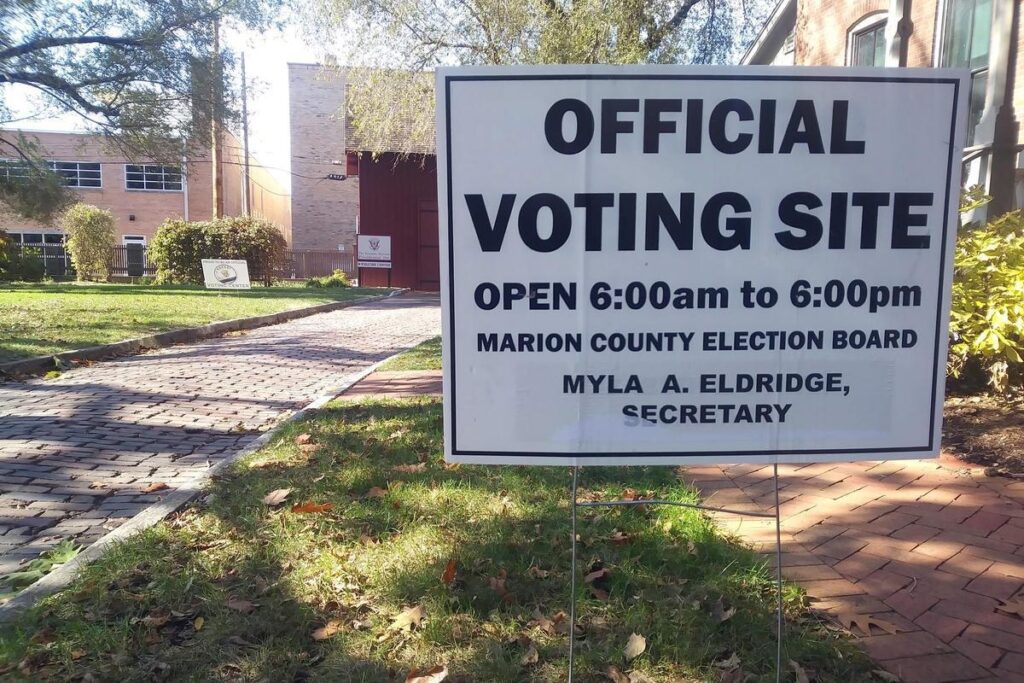Lawsuit increases voter accessibility for those with print disabilities
By Clayton Baumgarth
February 2, 2023

An Indiana lawsuit seeking increased ballot accessibility for voters with print disabilities has settled.
The US District Court for the Southern District of Indiana granted two preliminary injunctions that strike down Indiana’s rule that absentee voters who could not mark their own ballot may vote absentee by mail only by appointment with a traveling board of elections officials.
Jelena Kolic, a senior staff attorney with Disability Rights Advocates, said the group filed the lawsuit in order to force the state to provide a more accessible option for people wanting to vote from home.
“Indiana already was allowing people to vote from home,” she said. “But people with print disabilities were effectively excluded from that because as a practical matter, they could not use paper independently. This is not only problematic, by default, because it effectively requires a person to dictate their voting choices, which should be private to a third party who they don’t even know. But also, it’s contrary to federal law, which protects everyone’s right to private, secret and independent vote.”
Kristin Fleschner of Terre Haute, one of the plaintiffs in the federal lawsuit, filed In December of 2020 against the Indiana Election Commission and Indiana Secretary of State. The Indiana Election Division was added to the lawsuit in October of 2021.
Kolic said the suit was filed with a sense of immediacy due to voting issues brought on by the pandemic.
“For someone who is blind or low vision … having to go to a polling place can be especially dangerous, because not only is there no way for them to tell whether people around them are masked, whether people are observing distance, but also people who are blind frequently touch surfaces,” she said.
Kolic said the suit had the secondary outcome of making the use of a traveling board permissive rather than mandatory.
“There are a lot of elderly voters who don’t necessarily rely on the screen reader technology,” she said. “And we don’t want to assume that merely because there will be an option in place to digitally mark your ballot, that that will take care of everyone because it doesn’t.”
Kolic and her team were pleased with the outcome of the suit.
“Voting is the bedrock of democracy; it is the bedrock of citizenship,” she said. “People with disabilities deserve access to this right on equal terms with everyone else. And that was the point of the lawsuit. And we think that this outcome achieves that goal.”
Absentee voting, commonly known as early voting, begins April 4. Election Day is May 2.
This piece was republished from Indiana Public Media.